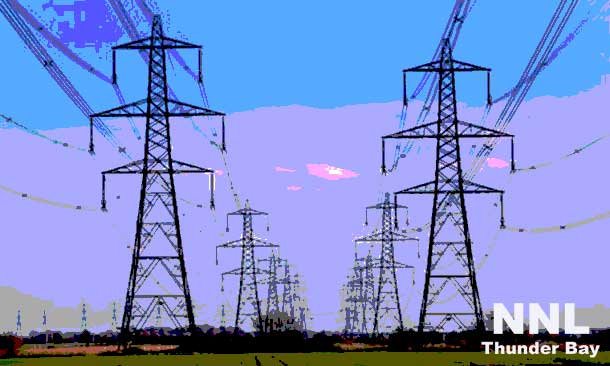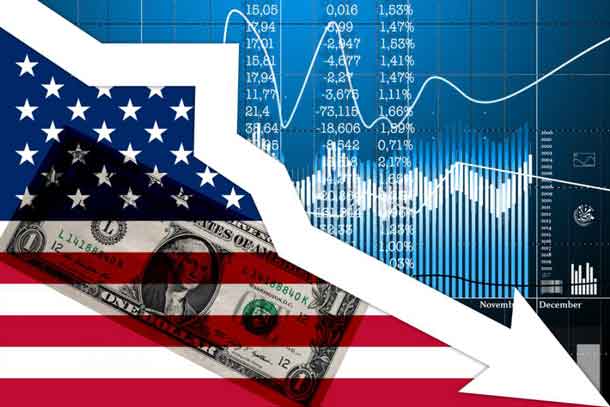
Ontario Energy Market Changing in 2017
TORONTO – You’ve just sat down at the dinner table after a long day at work or maybe you’re lugging the vacuum out of the closet to finish your housework. That’s when the doorbell rings and you open the door only to find yourself in the middle of a sales pitch.
The salesperson has all kinds of questions about your energy habits and how much you pay for energy each month. They might even ask you to show them your latest electricity or natural gas bill.
For some people, that can be an unnerving experience.
But Ontarians now have stronger protections when it comes to dealing with energy retailers that sell electricity and natural gas under contract, based on recommendations that the Ontario Energy Board (OEB) made to the government in 2015.
On January 1, 2017, tough new rules came into force under the revised Energy Consumer Protection Act, 2010 (ECPA) that make it illegal for door-to-door energy retailers to sign you up for an energy contract while they are at your home. As a result, residential consumers won’t have to feel pressured to make a decision on the spot. They will have more time to think about whether an energy contract is right for them and make an informed decision.
Several other important new measures now also apply, including limits on when energy retailers can come to your home to market or advertise their business, and reduced cancellation fees for most residential consumers.
“Protecting Ontario’s energy consumers is at the heart of what the OEB does every day,” says Rosemarie Leclair, OEB Chair and CEO. “We believe these new rules will give consumers greater confidence that they are protected against unfair business practices. Now that consumers can’t be asked to sign up for contracts while an energy retailer is at their home, they can make choices about their energy supply at their own pace and with better information.”
The ECPA has been in effect since 2011, helping to protect consumers from hidden costs, excessive cancellation fees and other unfair practices, while ensuring they have information they need to make the right decisions about energy contracts.
But after a lengthy review and recommendations from the OEB, the government revamped the ECPA to make it stronger, and the OEB has also developed new consumer protection rules of its own.
The new protection measures:
- Ban door-to-door energy retailers from signing you up for an energy contract while they are at your home
- Place limits on when energy retailers can come to your home to market or advertise their business
- Extend the time that consumers can cancel an energy contract without penalty to 30 days after they receive their second bill under the energy contract
- Require all energy contracts – now even those entered into online – to be verified by the consumer 10-45 days after they’ve entered into the contract to confirm that they wish to continue with it
- Eliminate auto-renewal of all energy contracts
- Reduce cancellation fees for most residential consumers
- Require energy retailers to include OEB-approved plain language terms and conditions in their energy contracts
The OEB is also committed to empowering consumers by increasing energy literacy and consumer awareness. Other new measures that will come into effect later in the year are more consumer friendly disclosures and price comparisons, and rules that will make energy contracts more visible on the bill.
The OEB already offers an online bill calculator for consumers who want to compare their utility price with a contract offer, and the OEB’s website has information on complaints received by the OEB about energy retailers and on OEB enforcement actions.
“A core part of our role as the independent regulator that is tasked with protecting energy consumers is to make sure energy retailers follow the rules”, Leclair says. If the OEB finds that an energy retailer has broken the rules, the OEB can take enforcement action. Last year, the level of financial penalties that the OEB can impose was increased to $1 million for each day the violation occurs or continues. The OEB can also order an energy retailer to cancel contracts and refund money to consumers, or suspend or revoke an energy retailer’s licence.
The OEB encourages all consumers to visit its website at oeb.ca/knockknock and learn more about their rights and the rules that energy retailers have to follow, and to contact the OEB if they have any concerns.





